Nordic Rule of Law Forum 2021

Effective Remedies To Ensure Access To Justice
Civil Rights Defenders has been organising the Rule of Law Forum for South East Europe since 2014 in cooperation with the AIRE Centre. The Forum gathers judges, prosecutors and lawyers who discuss the current European Court case law. This year, for the first time, we are organising a similar event in the Nordic context, in cooperation with the Konrad Adenauer Foundation: The Nordic Rule of Law Forum. The Forum will take place in Stockholm on 26 November 2021.
The Forum provides an opportunity to promote universal values stipulated in the European Convention on Human Rights and their practical implementation at the national level, as well as to strengthen democracy and the rule of law. The Forum also facilitates international dialogue, as present and former judges of the European Court of Human Rights as well as legal professionals from the Nordic region will participate and share perspectives.

Registration
Since the Nordic Rule of Law Forum is held for the first time, we are not able to offer a spot to everyone willing to participate. The registration will be open for those who have received an invitation by e-mail.
Programme
09.30-10.00: Registration
10.00-10.30: Opening session
John Stauffer, Legal Director at Civil Rights Defenders
Gabriele Baumann, Head of the Konrad Adenauer Foundation Office Nordic countries
Goran Miletic, Director of the Europe and MENA department at Civil Rights Defenders
Session 1. International Outlines
10.30-11.00: The interplay between domestic remedies and the concept of subsidiarity in the Court’s case law.
The principle of subsidiarity means that the rights and freedoms set forth in the European Convention on Human Rights must be fully secured at national level. This requires that there exist effective domestic remedies for human rights violations and that these remedies are fully exhausted before any claim is brought to the Strasbourg Court. What exactly is the relationship between Articles 13 and Article 35 of the European Convention and the principle of subsidiarity when the Court undertakes a “process-based” review of domestic decision-making?
Speaker: Robert Spano, President of the European Court of Human Rights
11.00-11.30: Rule of law and access to justice in Europe – can one exist without the other?
Access to justice is closely intertwined with the overall situation of the rule of law in a particular country. The Rule of Law Report 2020 of the European Commission highlights that there are serious challenges and cases where the resilience of rule of law safeguards is being tested and where shortcomings become more evident. What are the current challenges in Sweden and Europe in regard to effective remedies? How important is individuals’ access to justice for preserving the rule of law and democracy?
Speaker: Anne Ramberg, former Secretary General of the Swedish Bar Association, member of the Board of Civil Rights Defenders, Sweden
11.30-12.00: Access to justice and effective remedies: experiences from the Western Balkans
Effective access to justice is of fundamental importance for the individual and it is an essential component of democracy. Without effective access to justice there is no effective legal protection of human rights. In national law, access to justice can be guaranteed only by the availability of effective judicial remedies. That is why the parliaments, governments and courts of the countries in the Western Balkans have a positive duty to transform the ideal of effective access to justice into a practical reality.
Speaker: Mirjana Lazarova Trajkovska, Supreme Court judge and former judge of the European Court of Human Rights, North Macedonia
12.00-12.30: Questions and contributions
Questions and reactions from the audience.
12.30-13.30: Lunch break
Session 2. Institutions Providing Remedies
13.30-13.50: Defending basic rights in court from an individual’s perspective – action for damages as a tool?
In the recent years, the scope of application of the action for damages has increased dramatically. Today an individual can obtain damages for violations of human rights according to the European Convention. Furthermore, examples of case law from the Supreme Court of Sweden show that individuals have obtained damages for violations of Chapter 2 of the Instrument of Government, which is a part of the Swedish Constitution (‘constitutional damages’). However, there is no specific legal regulation concerning constitutional damages. Does an action for damages constitute an effective tool for an individual to obtain redress? And to what extent does this remedy promote effective enforcement of law in general?
Speaker: Anders Eka, President of the Supreme Court, Sweden
13.50-14.10: The Chancellor of Justice – a double headed crane?
The Chancellor of Justice was introduced in 1713 for the purpose of acting as the King’s ombudsman in the supervision of authorities and civil servants. Today the Chancellor of Justice represents the State in legal disputes, but also handles complaints initiated by private parties against public authorities. The Chancellor of Justice also has the right to award compensation for violations of the European Convention of Human Rights. How does the Chancellor of Justice manage this dualistic role? And can the voluntary claim adjustment function of the Chancellor of Justice be seen as equivalent to the ECtHR on the national level from an individual’s perspective?
Speaker: Mari Heidenborg, Chancellor of Justice, Sweden
14.10-14.30: Judicial control in the 21st century – can we make the effective remedies more effective?
The Swedish Parliamentary Ombudsmen have supervised courts and public agencies for more than 200 years, with the primary aim to promote rule of law. Given the importance of effective remedies being undisputed, the Ombudsmen typically detect deficiencies such as unclear or informal decisions, or delayed decision-making. To what extent does the particular authority receiving criticism adhere to the Ombudsmen’s decisions? Do the Ombudsmen’s decisions also reach other authorities, indirectly concerned? Are there ways to further enhance the effectiveness of the Ombudsmen’s decisions?
Speaker: Per Lennerbrant, Parliamentary Ombudsman, Sweden
14.30-14.50: Coffee break
14.50-16.20: Panel discussion
Panel discussion will take a deeper look at the issue of effective remedies and access to justice from three different perspectives. The views of the European Court of Human Rights and experiences from different systems (Western Balkan and the Scandinavian countries) will be shared and discussed.
Moderator: Merete Smith, Secretary General of the Norwegian Bar Association
Panelists:
- Erik Wennerström, Judge of the European Court of Human Rights, Sweden
- Helena Jäderblom, President of the Supreme Administrative Court, Sweden
- Adele Matheson Mestad, Director of the Norwegian National Human Rights Institution, Norway
- Dragoljub Popović, former judge of the European Court of Human Rights, Serbia
16.20-16.30: Conclusions and closing
16.30-17.00: Mingle
Speakers
Robert Spano
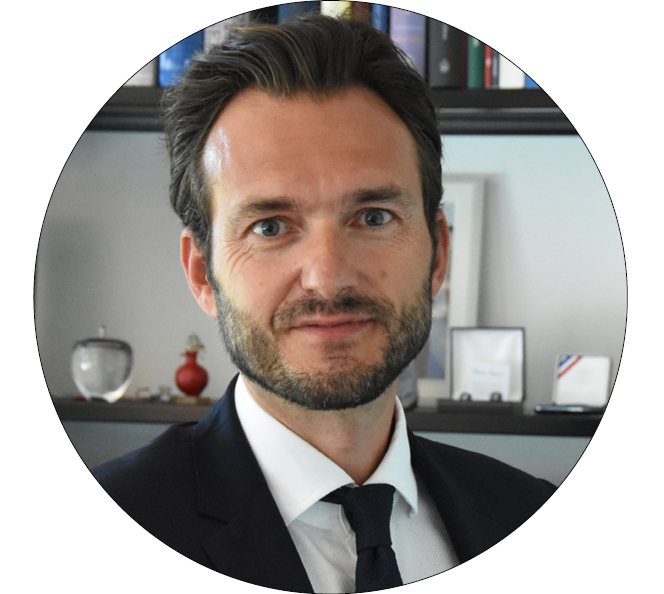
Robert Spano is President of the European Court of Human Rights, elected to the Court in 2013 with respect to Iceland. Before taking up his judicial office he served as Parliamentary Ombudsman of Iceland from 2009-2010 and again in 2013. He served as Dean of the Faculty of Law, University of Iceland, from 2010-2013, and was appointed professor of law in 2006. He was chairman of the Standing Committee of Experts in Criminal Law in the Icelandic Ministry of Justice from 2003-2009 and from 2011-2013. He was also the Icelandic delegate to the European Committee on Crime Problems and an Independent Expert to the Lanzarote Committee of the Council of Europe. Judge Spano is a graduate of the University of Iceland and of the University of Oxford.
Anne Ramberg
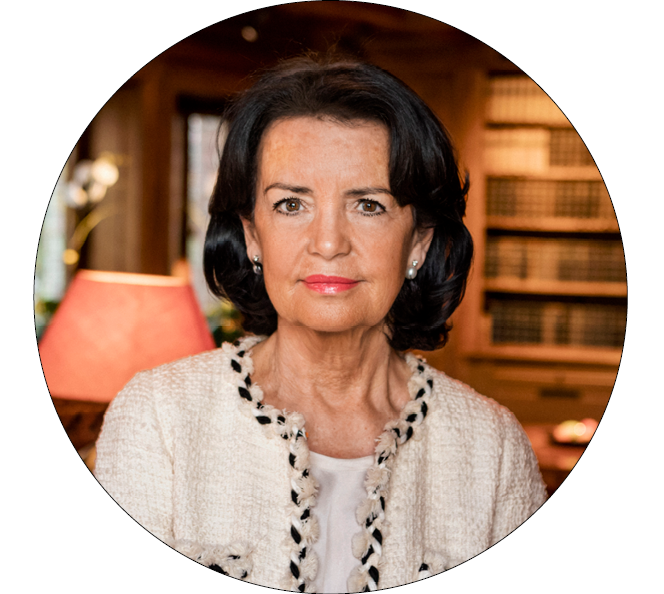
Anne Ramberg was a practicing lawyer for 23 years until 2000, when she was appointed Secretary General of the Swedish Bar Association, a position she held for twenty years. She serves currently as ad hoc judge at the European Court of Human Rights, and as conciliator and alternate member of the Bureau, to the Court of Conciliation and Arbitration within the OSCE. She is Co-Chair of the International Bar Associations Human Rights Institute (IBAHRI) and a member of the IBA Management Board. She is the Chair of the Uppsala University Board, Chair of the Stockholm Criminology Prize, member of the board of Civil Right Defenders, Raoul Wallenberg Institute, Southern Africa Litigation Center, the Swedish Section of the Nordic Conference of Jurists. She is a Trustee in the Eyewitness project. She is also a member of the Advisory Council of the International Legal Assistance Consortium (ILAC).
Mirjana Lazarova Trajkovska
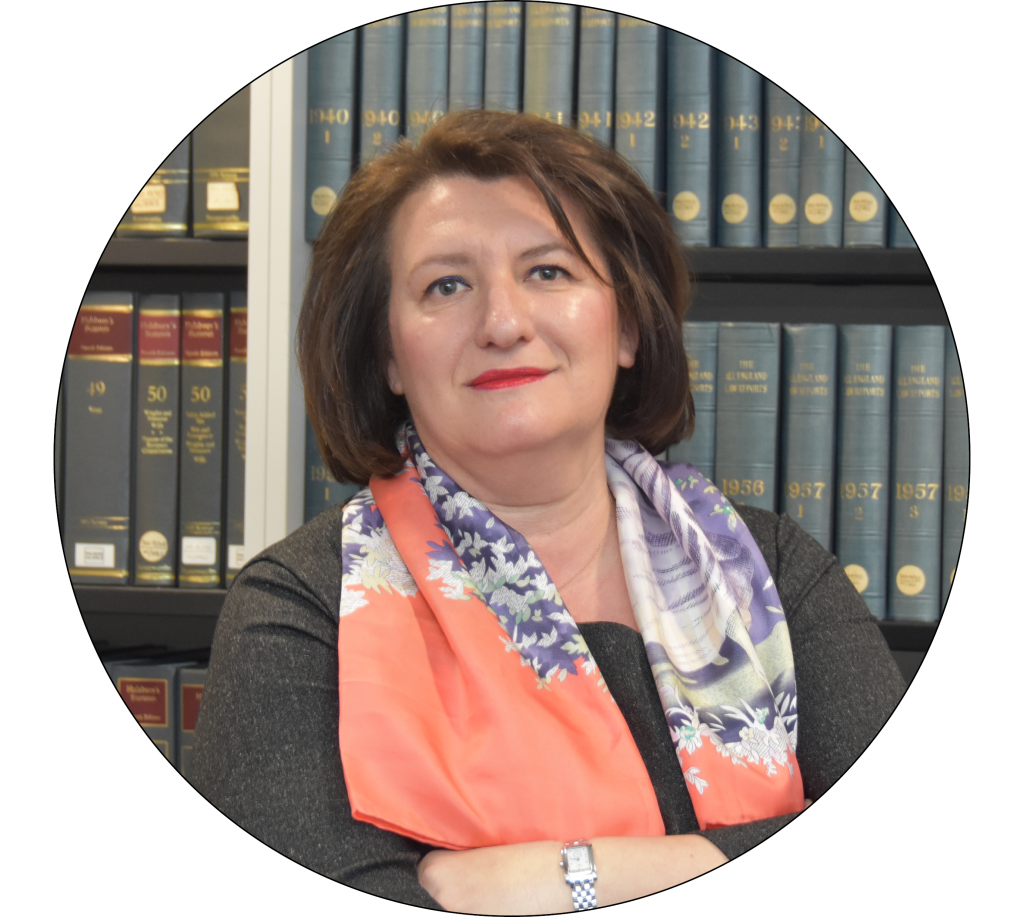
Mirjana Lazarova Trajkovska is a judge of the Supreme Court of the Republic of North Macedonia since March 2020. She was appointed as a member of the Advisory Panel of Experts on Candidates for Election as Judge to the European Court of Human Rights 7 July 2021. She has served as Judge at the European Court of Human Rights and The Constitutional Court of the Republic of Macedonia as well as Head of Department of Human Rights at the Ministry of Foreign Affairs. In addition, she has been a member of the European Commission on Democracy true Law as well as a Deputy Chair Council of Europe.
Anders Eka
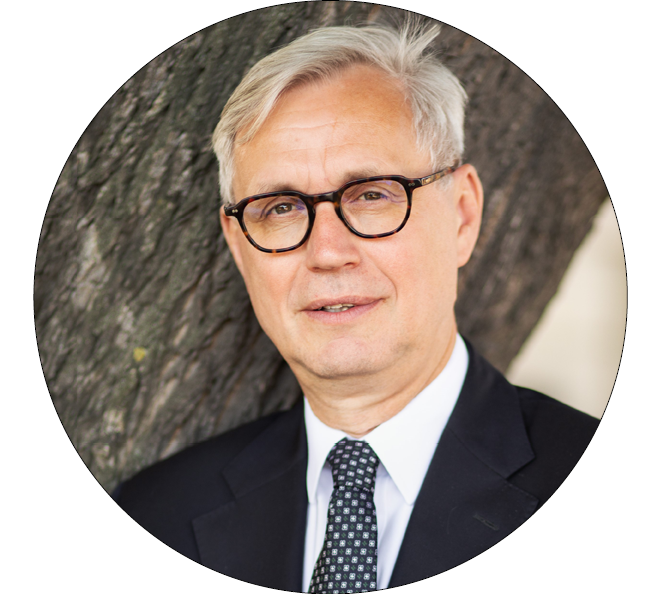
Anders Eka has served as a Justice at the Supreme Court of Sweden since 2013 and as the President of the Court since 2018. Previously, he worked as Chief Judge at the Stockholm District Court. He has also worked at the office of the Chancellor of Justice and as a Senior judge of Appeal at the Svea Court of Appeal. He was the administrative director and principal secretary in the the Working Committee on Constitutional Reform. He has also been an expert and chair in/of various state inquiries and committees, such as Courts and Judges Inquiry, the Media Constitution Committee, the Committee on Constitutional Damages and currently the 2020 Committee on Constitutional Reform.
Mari Heidenborg
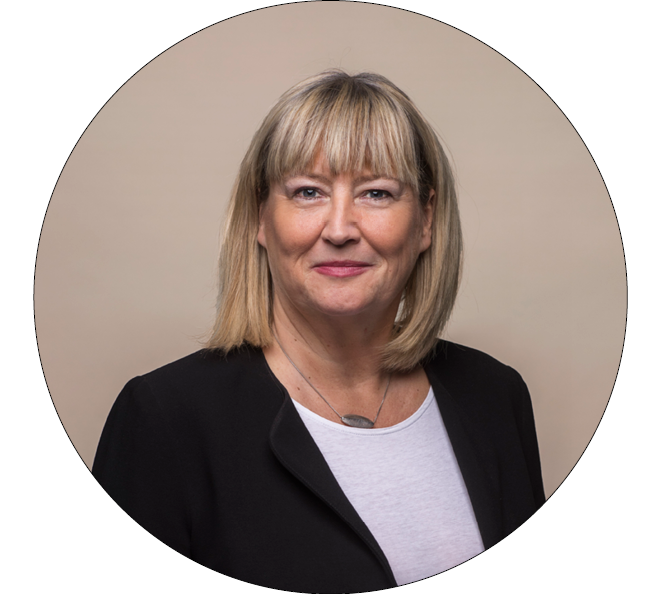
Mari Heidenborg is the Chancellor of Justice in Sweden. She studied law at Stockholm University and has had a long career as a judge, in particular at district courts as well as at the Svea Court of Appeal. She served at the office of the Parliamentary Ombudsman in 1998-2001. Between 2016 and 2018 she served as a Justice at the Supreme Court. She was appointed as Chancellor of Justice in 2018. Mari Heidenborg has worked in a number of state inquiries, particularly on criminal legislation, as inquiry chair and expert.
Per Lennerbrant

Per Lennerbrant is Parliamentary Ombudsman since 2019. He is a former judge and has served as Chief Judge at the Eskilstuna District Court. Prior to that, he worked as the Head of the Litigation and Judicial Affairs Unit at the Ministry of Justice. Per Lennerbrant has participated in several state inquiries, including as a special investigator and has been a lecturer of procedural law at Stockholm University.
Merete Smith
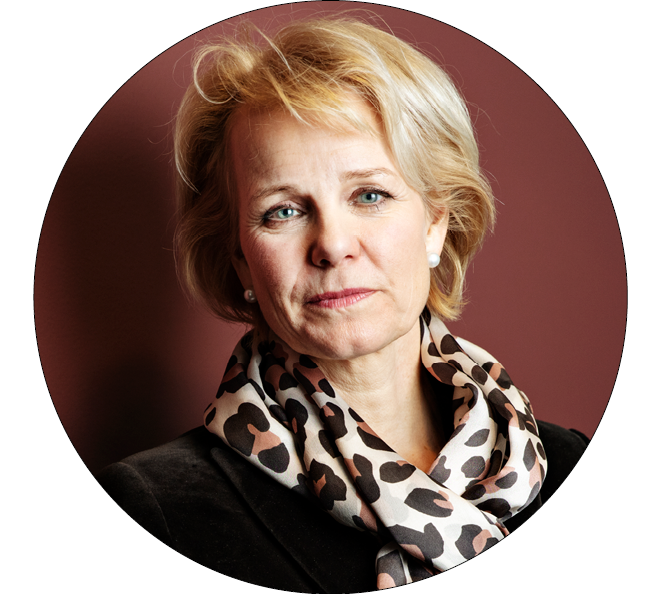
Merete Smith is the Secretary General of the Norweigan Bar Association since 2003. She studied law in Oslo as well as at Georgetown University as a Fulbright scholar and has a long career as both a defence lawyer and as a judge. Between 1993-2002 she served at the Department of Justice, and since 2014 she has served as Head of the CEEBA (Chief Executives of the European Bar Associations) and the Bar Executives Committee in the International Bar Association.
Erik Wennerström
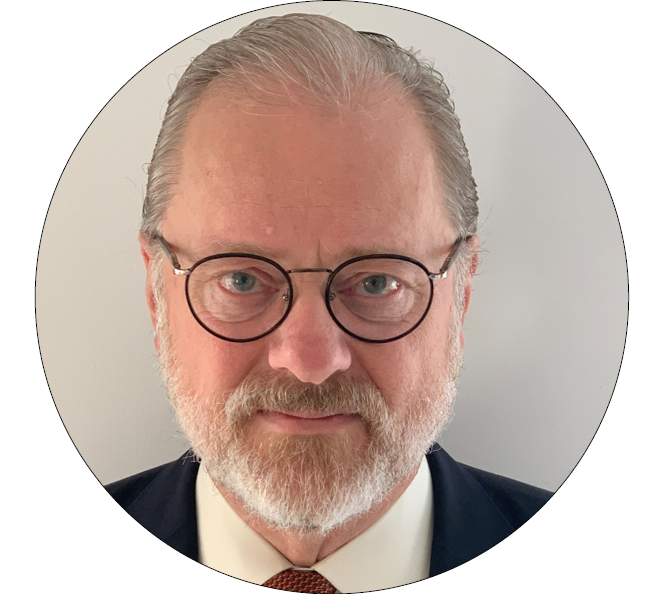
Judge Erik Wennerström holds a Doctor of Laws in International law, EU law and legal jurisprudence. He has been Director for International Relations and EU Affairs and Head of International Law Enforcement Affairs at the Ministry of Justice and Interior and later Principal Legal Adviser on International Law at the Ministry for Foreign Affairs. From 2012 he has served as Director General at the National Council for Crime Prevention. Erik Wennerström has also served as board member in numerous international organisations, including the EU Fundamental Rights Agency. He was elected judge at the European Court of Human Rights in January 2019.
Helena Jäderblom

Helena Jäderblom is President of the Supreme Administrative Court since 2018. She studied law at Uppsala University, and has since then served at the Ministry of Justice as well as in the judiciary. She is also a former judge of the European Court of Human Rights. Additionally, she is the representative of Sweden in the Consultative Council of European Judges (CCJE) since 2019, and Chairman of the Commission to review the work of the Government, the Ministry of Foreign Affairs and Foreign Authorities to achieve the release of Dawit Isaak and Gui Minhai, since 2021.
Adele Matheson Mestad

Adele Matheson Mestad is Director of the Norwegian National Human Rights Institution. She holds a law degree from the University of Oslo and an LL.M. in International Legal Studies at New York University (NYU). Adele also has ten years of experience as a lawyer at the Attorney Generals’ Office, Civil Affairs. She has also worked in the prosecution unit at the International Criminal Tribunal for Rwanda. In 2020, she was appointed a member of the Government’s Commission on Freedom of Expression.
Dragoljub Popović
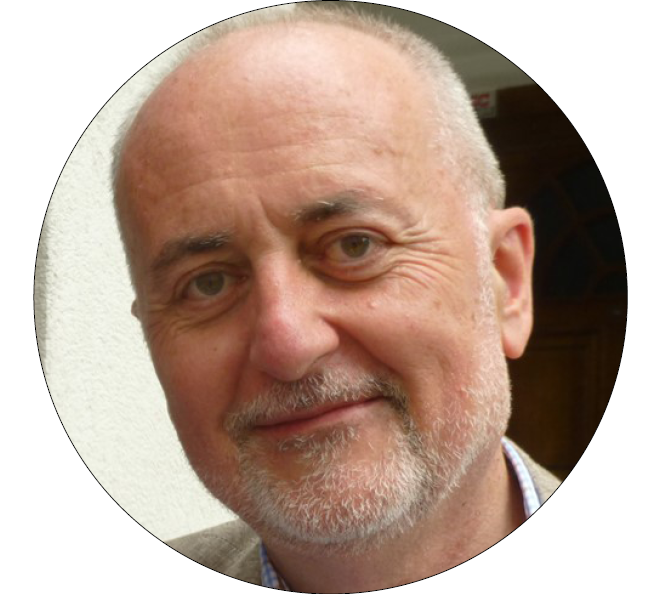
Dragoljub Popović, born in Belgrade, Serbia 1951, is currently attorney at law at Belgrade Bar. He graduated and received his PhD in law from Belgrade University. He was professor of law in that university before entering the diplomatic service in 2001 to serve as ambassador of his country to Switzerland. From 2005 to 2015, he was judge of the ECHR in respect of Serbia. Between 2005 and 2007 he was president of the Serbian Association for Constitutional Law. In 2018 and 2019 he was visiting professor of international human rights and comparative government in Creighton University at Omaha (NE) in the USA. He is still affiliated with the Union University School of Law in Belgrade.


